Over the past 79 years, it has become evident that the success of the August Revolution in 1945 was due to the wise leadership of the Indochinese Communist Party and its leader, Nguyen Ai Quoc (later Ho Chi Minh). It was also a result of the unity, solidarity, and relentless efforts of the Vietnamese people in overcoming challenges, hardships, and sacrifices. The revolution's success marked a new chapter in Vietnamese history, setting the nation on a path of "national independence closely linked with socialism."
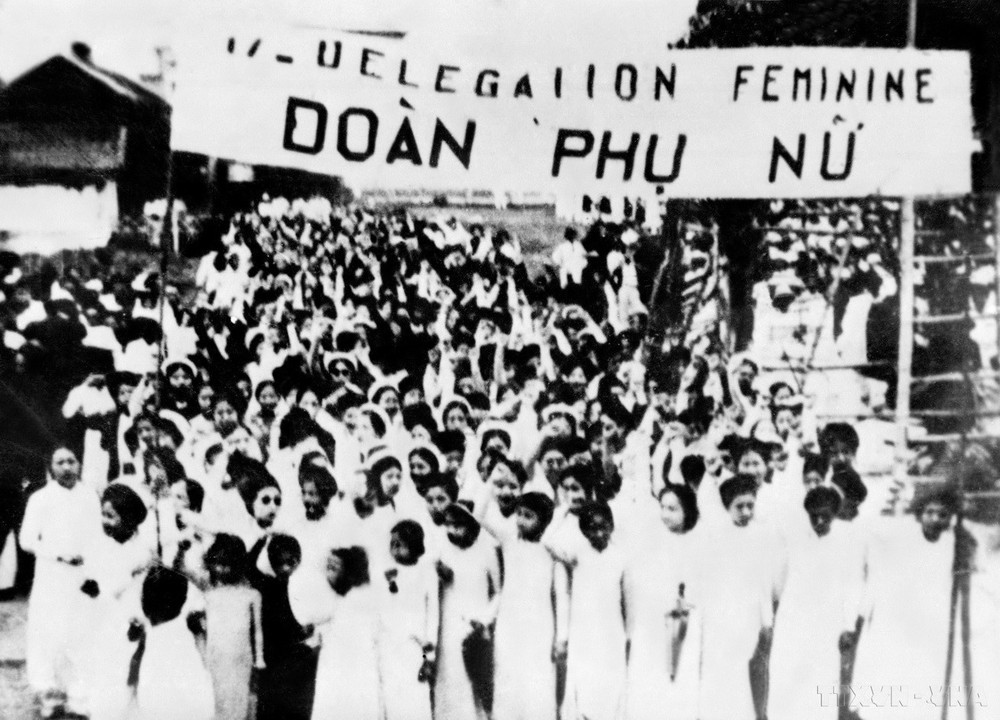
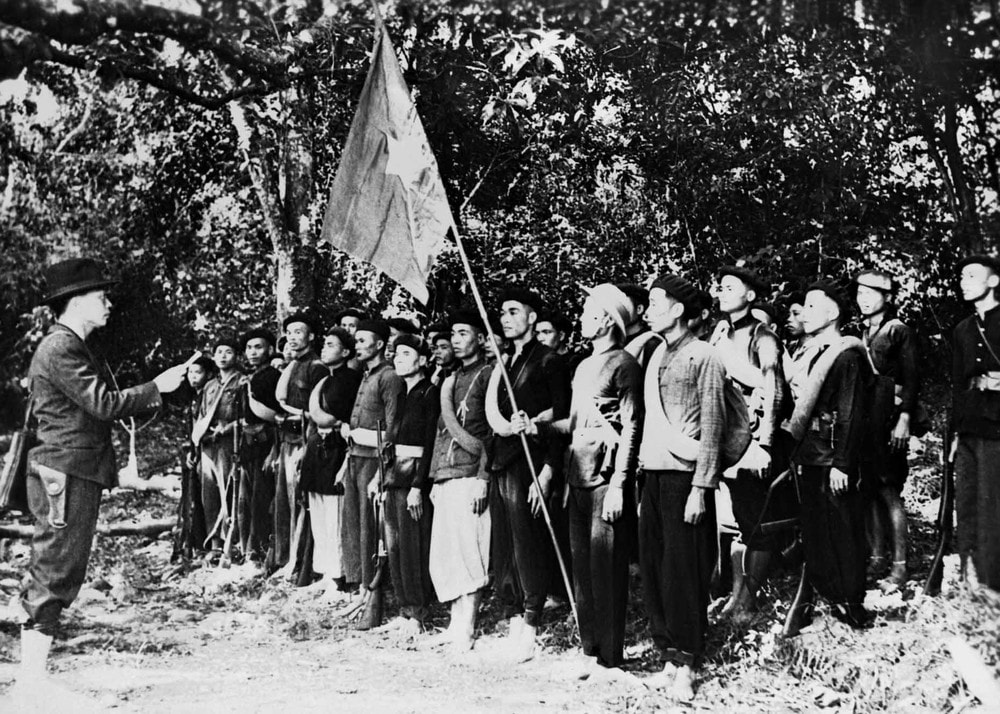
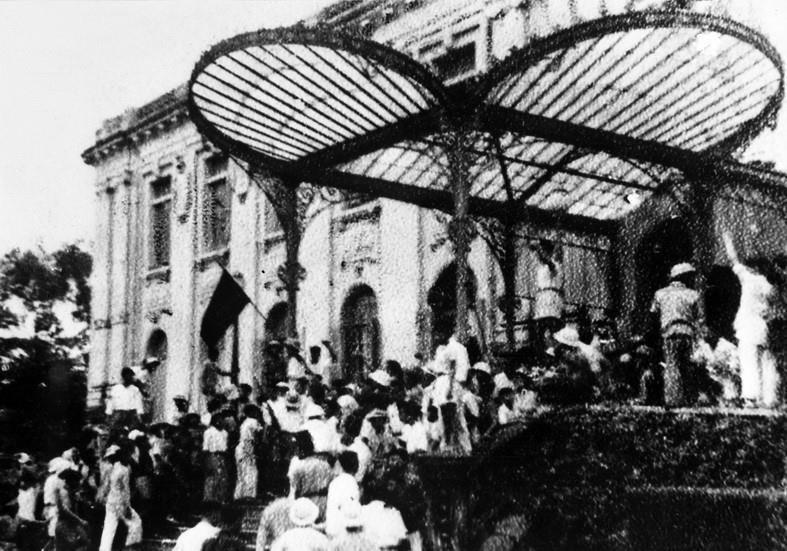
On August 19, 1945, following a gathering in front of the Opera House, Hanoians gain control of the Tonkin Palace – headquarters of the French-backed administration in the North
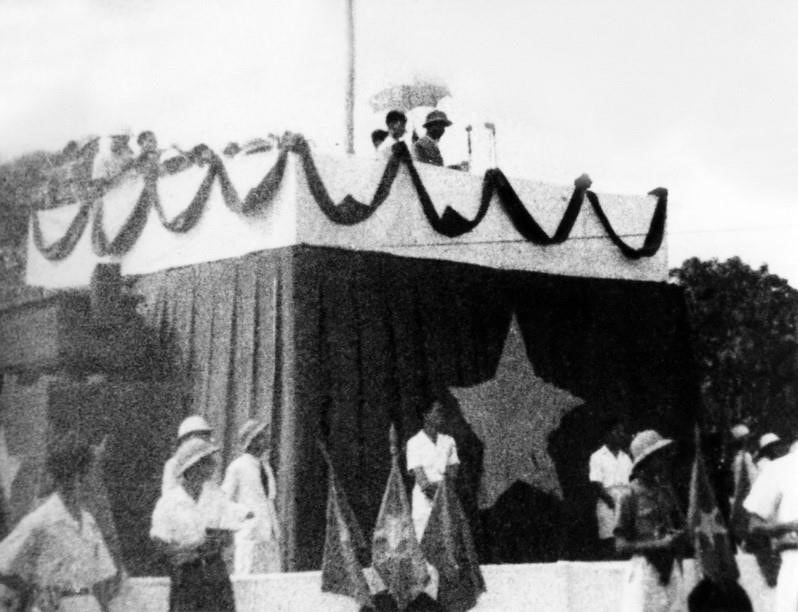
On September 2, 1945 at Hanoi’s Ba Dinh Square, President Ho Chi Minh reads the Declaration of Independence declaring the birth of the Democratic Republic of Vietnam (now the Socialist Republic of Vietnam)
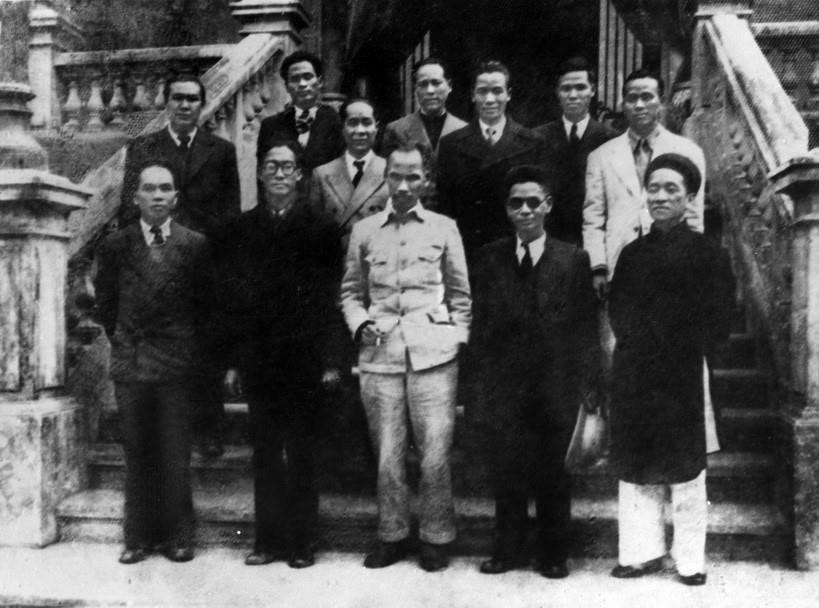
President Ho Chi Minh and members of the provisional Government Council of the Democratic Republic of Vietnam at the first meeting on September 3, 1945
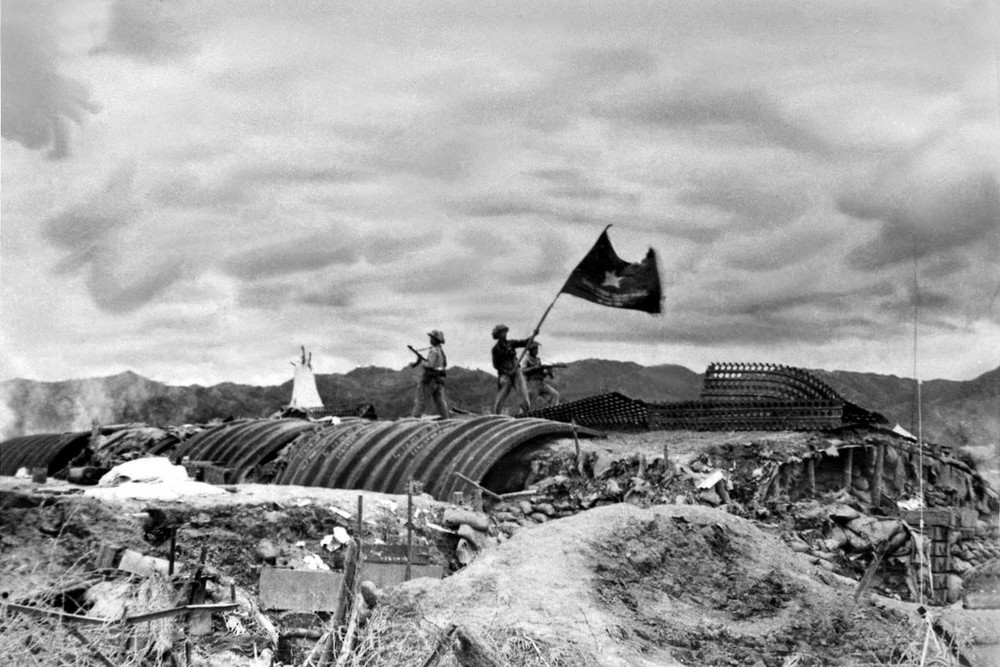
On the afternoon of May 7, 1954, the "Determined to Fight - Determined to Win" flag of the Vietnam People's Army flies over General De Castries' bunker, marking the moment of the victory at Dien Bien Phu, a triumph that reverberates across continents and shakes the world
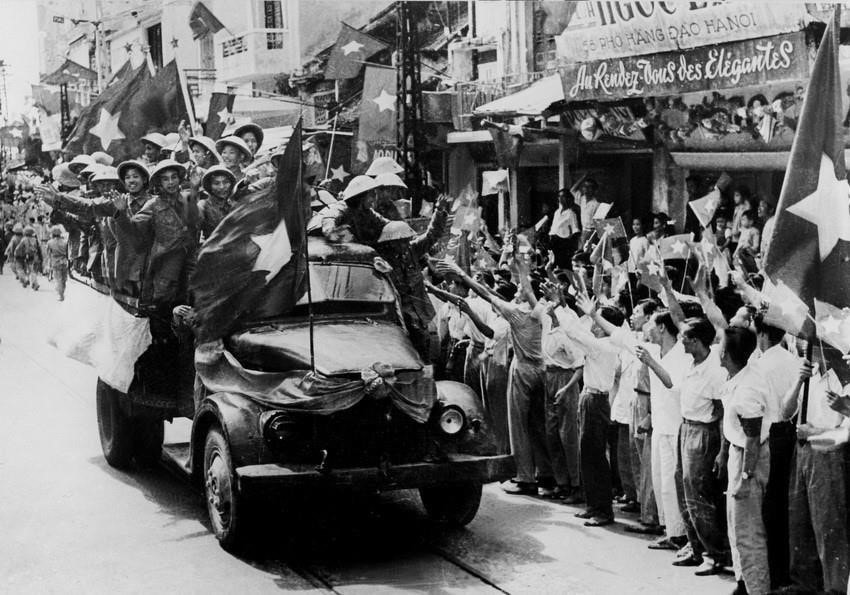
On the morning of October 10, 1954, Vietnamese troops advance from the five gates to liberate the capital, marking the triumphant end of nine years of arduous and sacrifice-filled resistance against French colonialism
TB (according to VNA)